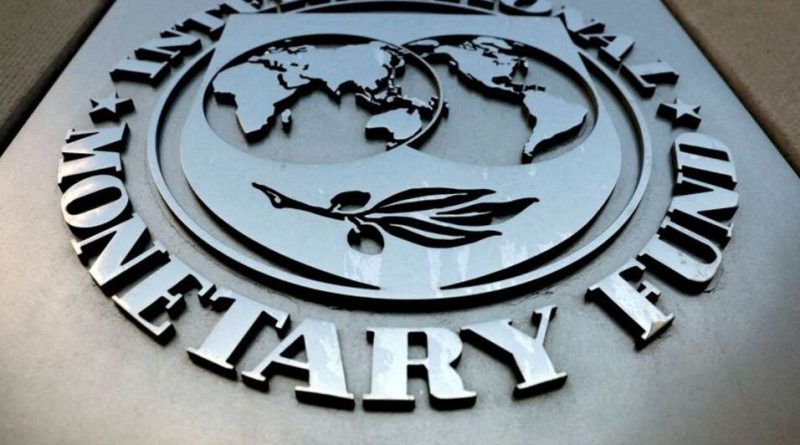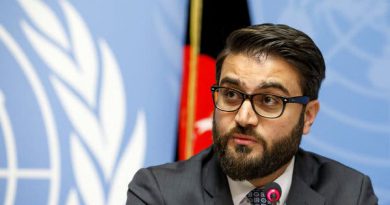IMF Flags Concerns Over Senegal’s Expanding Liquidity Needs
Dakar — Government outlines large financing requirements as negotiations for new support intensify
Senegal’s finance minister said the International Monetary Fund has expressed concern about the country’s growing liquidity needs as discussions for a new lending program continue.
The government is seeking support to help stabilize finances, after newly disclosed debts from the previous administration widened fiscal pressures.
Finance Minister Cheikh Diba told lawmakers that Senegal requires an average of 6,000 billion CFA francs annually to meet its financing needs.
He described the figure as a “very large amount,” adding that the IMF doubts Senegal can maintain this level over its debt-sustainability horizon.
Diba insisted the government believes the target is achievable, citing efforts underway to strengthen fiscal management and improve debt transparency.
Talks with the IMF remain ongoing, as Senegal looks to secure financial assurances amid global economic uncertainty.
The Fund has not publicly commented on the current phase of negotiations, but Senegalese officials say discussions are focused on long-term stability and financing structures.
Diba told parliament that the government is reviewing all problematic sources of borrowing, with plans to replace costly debt through refinancing measures.
He said extending maturities and securing more favourable terms would help create critical fiscal space for the upcoming years.
According to the minister, these debt-management reforms are expected to free more than 500 billion CFA francs in the 2025 budget.
He explained that active restructuring strategies are central to easing pressure, allowing the government to redirect resources toward economic recovery and development.
The admission of previously unreported debts has complicated Senegal’s fiscal outlook, raising questions about how obligations accumulated under past leadership will be addressed.
Officials say the newly identified liabilities significantly increase annual repayment demands, contributing to liquidity concerns highlighted by international partners.
Financial markets reacted quickly to the minister’s remarks, with Senegal’s government bonds falling across several maturities.
Shorter-term bonds lost roughly 2 cents, reflecting investor caution over the country’s rising financing requirements.
Euro-denominated notes were bid at around 73.15 cents, while dollar-denominated bonds maturing in 2031 traded below 65 cents.
Analysts say these movements show that markets are watching IMF negotiations closely, seeing the outcome as essential for restoring investor confidence.
Senegal’s new administration has pledged to improve financial governance, prioritizing transparency, debt restructuring and long-term fiscal planning.
Officials argue that securing sustainable financing is crucial to supporting social programs, infrastructure development and economic growth.
The country continues to face broader economic pressures, including inflationary strain and slower activity in key sectors.
At the same time, Senegal’s energy transition and offshore projects require stable financial planning and predictable debt servicing.
The government maintains that a new IMF-supported program would bolster reforms, strengthen credibility and help attract private investment.
Diba said Senegal aims to pursue a balanced approach, protecting essential spending while restoring fiscal stability.
He emphasized that the administration is committed to constructive dialogue with the IMF, but will also defend its belief that the financing target is attainable.
Officials are preparing additional assessments to present to the Fund, highlighting expected improvements in revenue generation and debt management.
Public debate around the issue has intensified, with citizens and analysts closely watching how the negotiations unfold.
For many, the focus is on how the government will balance its financing needs with social priorities and long-term economic resilience.
The coming months are expected to determine the structure of Senegal’s next fiscal framework, as the government and the IMF work to align on a sustainable path forward.



